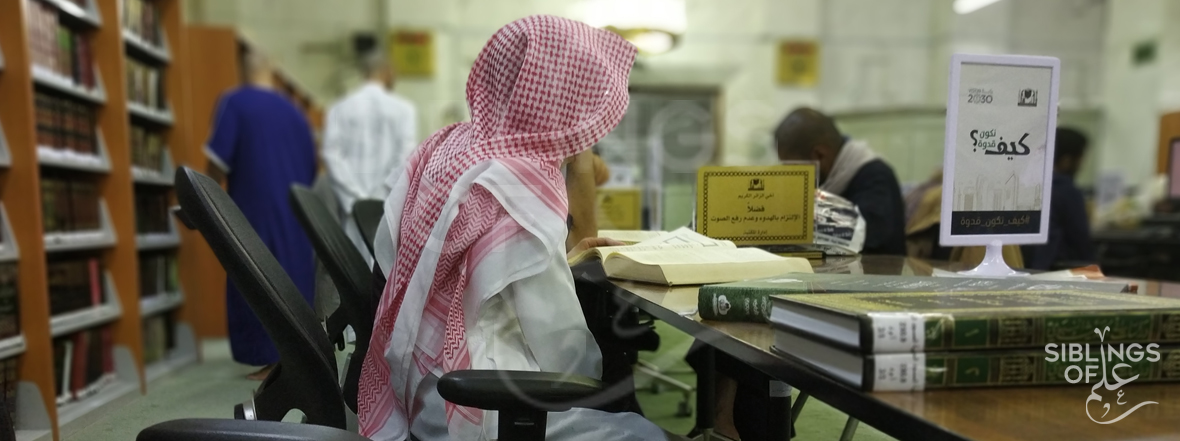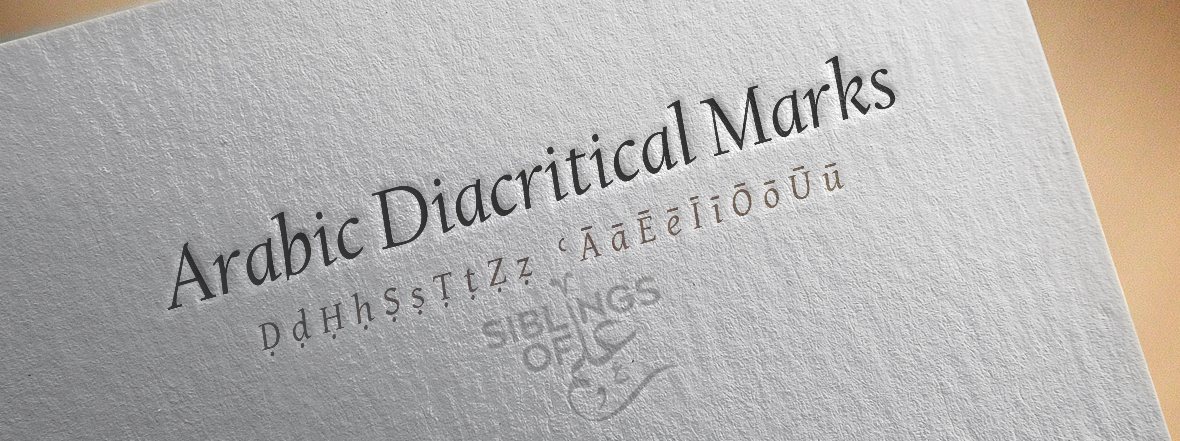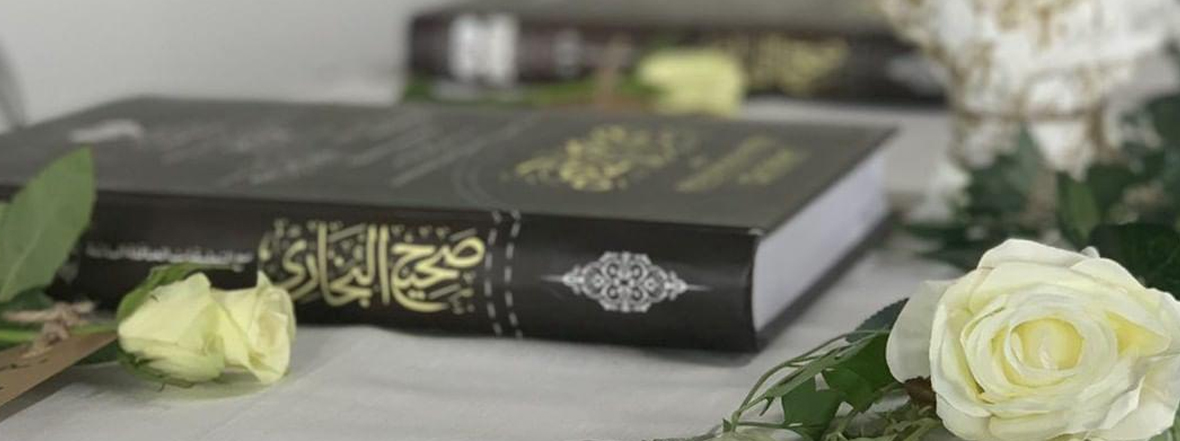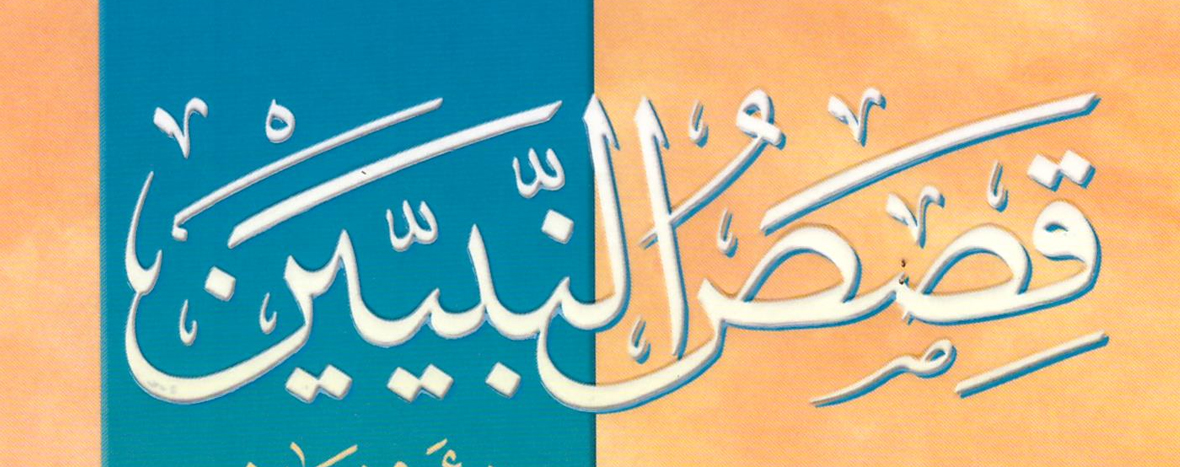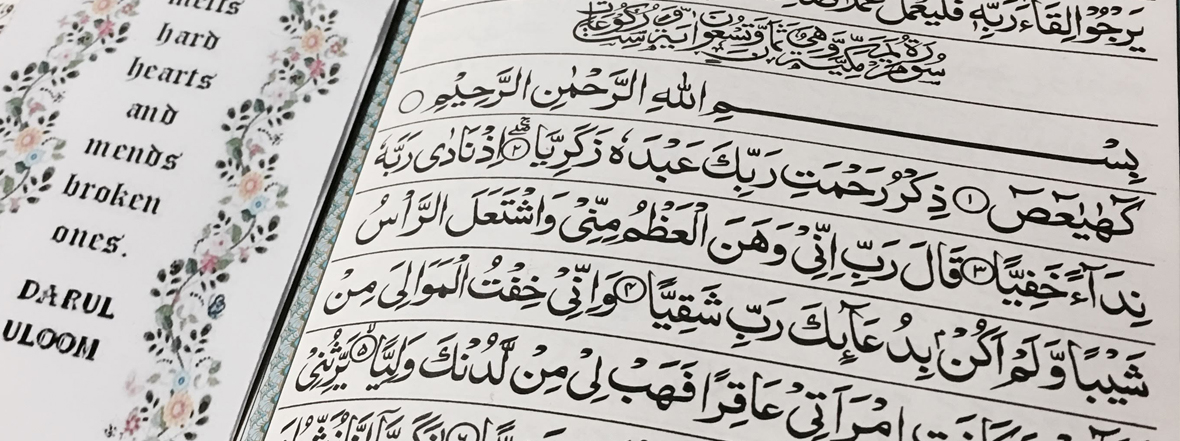Exam periods for nearly every student is that time of year which they dread. No matter what the exam is, whether they are school/college exams, madrassah exams, your driving test, regardless of what exam it is, without a doubt it is one of the most stressful times for a student. Having to cram everything in which you have been taught in the past few months, in the past year(s) even, for an exam can be very nerve wracking and difficult for any individual.
To pass an exam one must always prepare well. Revising thoroughly, understanding and memorising everything you have been taught. Many students try to cram everything in the last minute and others also have sleepless nights. Many people have different revision methods some work for some and not for others. Everyone has their own way and technique. How many students have you come across who haven’t been attending lessons, let alone paying attention in lesson yet they still manage to achieve the best of marks? Whereas, those who have been revising constantly and putting in their effort just about scrape the pass mark.
Tawakkul [توكل]
It all depends on tawakkul. Do whatever you can in your power, but know that ultimately, your brain cannot do anything for you, your memory power cannot do anything for you, your skills of writing/speaking cannot do anything for you. Nothing can help you without Allāh wanting to help you. Nothing will make you pass if Allāh has not written for you to pass. In essence, the main thing you need in order to pass your exam(s) is tawakkul, trust in your Lord, Allāh Taʿālā. Humble yourselves before Allāh. Nothing is because of you. You do not pass your exams because of your efforts. It is Allāh who have given you the ability to do all the preparations for your exams in the first place. It is all from Allāh. So, humble yourself, turn to Allāh and place your utmost trust in Allāh.
يَقُولُ اللَّهُ تَعَالَى أَنَا عِنْدَ ظَنِّ عَبْدِي بِي، وَأَنَا مَعَهُ إِذَا ذَكَرَنِي
It has been narrated by the Messenger of Allāh ﷺ that Allāh has said, “I am just as My servants thinks of Me and I am with him whenever he thinks of Me…”[1]
Tawakkul is not in the means (i.e pens, books, brains etc). Allāh has granted us the means, use all the means you may but place all your trust in Allāh. A Ṣaḥābi رضى الله عنه had asked the Messenger of Allāh ﷺ, “O Messenger of Allāh ﷺ! Shall I tie it (the camel) and rely (upon Allāh), or leave it loose and rely (upon Allāh)?” The Messenger of Allāh ﷺ said, “Tie it and rely (upon Allāh).”[2]
قَالَ رَجُلٌ يَا رَسُولَ اللهِ أَعْقِلُهَا وَأَتَوَكَّلُ أَوْ أُطْلِقُهَا وَأَتَوَكَّلُ قَالَ اعْقِلْهَا وَتَوَكَّل
Which proves to us that we may use the means given to us, but in the end, Allāh is the One in total control.
Allāh Taʿālā states in the Qur’ān,
الَّذِينَ آمَنُوا وَتَطْمَئِنُّ قُلُوبُهُمْ بِذِكْرِاللهِ أَلَا بِذِكْرِ اللَّهِ تَطْمَئِنُّ الْقُلُوبُ
Those who have believed and whose hearts have rest in the remembrance of Allāh. Verily in the remembrance of Allāh do hearts find rest.[3]
Duʿā is a form of remembrance [دعاء]
Duʿā is a form of remembrance of Allāh and a duʿā is a very powerful tool of a Muslim. Allāh loves a slave who turns to Him.
Imām Nawawī رحمه الله mentioned a ḥadīth in his Arbaʿīn that the Beloved of Allāh ﷺ mentioned,
تَعَرَّفْ إلَى اللهِ فِي الرَّخَاءِ يَعْرِفُك فِي الشِّدَّةِ
Recognise and acknowledge Allāh in times of ease and prosperity, and Allāh will remember you in times of adversity.
Call out to Allāh with the name that suits best your situation
For example, if you are having a mental block and fail to remember information, two of Allāh’s 99 names are Al-Fatāh [الفتاح] and Al-Ḥafīẓ [ألحفيظ]. Allāḥ is Al-Fattāḥ, The Opener, Allāh will open your mind and heart for you to make it easier for you to understand and memorise. Allāh is Al-Ḥafīẓ, The Protector, Allāh is the One who will help you protect the knowledge which Allāh has allowed to enter your brain and heart. So, call out to Allāh in abundance by using these names: Yā Fattāḥ, Yā Ḥafīẓ.
Many Scholars have advised that if one wishes to achieve a task it is encouraged to read Sūrah Fatḥ (sūrah number 48) every morning and inshāAllāh you will achieve your goals.
Reciting Durūd Sharīf in abundance
In an exam, if you manage to forget anything, sincerely send durūd upon the Nabī of Allāh ﷺ and Allāh will inshāAllāh remind you of what you have forgotten as when you send ṣalawāt upon Nabī ﷺ, the Angels present it to Nabī ﷺ straight away and in return Allāh grants you 10 mercies as the ḥadīth mentions:
مَنْ صَلَّى عَلَىَّ صَلاَةً صَلَّى الله عَلَيْهِ بِهَا عَشْرًا
Whoever invokes one blessing upon me, will receive ten blessings from Allāh.[4]
Dhikr – Remembrance of Allāh [ذكر الله]
Dhikr in general sharpens one’s memory so constantly be in the state of dhikr. Dhikr is one form of worship which you can do anywhere and in any state.
رَبِّ اشْرَحْ لِي صَدْرِي وَيَسِّرْ لِي أَمْرِي وَاحْلُلْ عُقْدَةً مِّن لِّسَانِي يَفْقَهُوا قَوْلِي
My Lord! Open for me my chest and ease my task for me and make loose the knot from my tongue so that they understand my speech.[5]
In this duʿā you are asking Allāh to open for you your chest so you are able to understand and maintain the information which you deem valuable. In addition, you are asking Allāh to ease your task [in this case your exam] for you.
رَّبِّ زِدْنِى عِلْمًا
O my Lord! Increase me in knowledge.[6]
This should be read in abundance whilst studying/revising and generally everyday, to every lesson asking Allāh to grant you more knowledge, as the more knowledge you understand and memorise, the easier your exam will be for you, inshāAllāh.
اللَّهُمَّ لا سَهْلَ إِلا مَا جَعَلْتَهُ سَهْلا، وَأَنْتَ إِنْ شِئْتَ جَعَلْتَ الْحَزَنَ سَهْلا
Oh Allāh! Nothing is easy except what You have made easy. If You wish, You can make the difficult easy.[7]
This duʿā can and should be read when one is worrying and stressed. Alongside you are asking Allāh to make the exam easy for you.
رَّبِّ أَدْخِلْنِي مُدْخَلَ صِدْقٍ وَأَخْرِجْنِي مُخْرَجَ صِدْقٍ وَاجْعَل لِّي مِنْ لَدُنْكَ سُلْطَانًا نَصِيرًا
My Lord! Let my entry be good, and let my exit (also) be good. And grant me from You an authority to help me.[8]
Although this duʿā was made by the Messenger of Allāh ﷺ, pleading to Allāh to make the exit from Makkah and the arrival in Madīnah both good and smooth, the wording of this duʿā can be read in many other situations too. Supplicating to Allāh using the words of the Qur’ān and the words of Nabī ﷺ grants us a much bigger chance of our duʿās being accepted.
Shaykh Mawlānā Bilāl Ṣāḥib (a senior Ḥadīth teacher at Dārul ʿUlūm Bury) has advised that on receiving your exam paper, turn it over without looking at it and recite the following:
Durūd sharīf – [3 times]
سُبْحَانَكَ لَا عِلْمَ لَنَا إِلَّا مَا عَلَّمْتَنَا ۖ إِنَّكَ أَنتَ الْعَلِيمُ الْحَكِيمُ
[11 times]
يَا فَتَّاحُ
[11 times]
فَصَبْرٌ جَمِيلٌ واللهُ الْمُسْتَعَانُ عَلَى مَا تَصِفُون
[7 times]
Durūd sharīf – [3 times]
and inshāAllāh the help of Allāh will be with you. These specific methods (of reciting a particular number of times) are not strictly found in the Qur’ān nor the Sunnah, rather they are prescribed based on the experience of many individuals.
These are just a few of the duʿās that students can make during the exam period, however there are many more duʿās which one may make including during the time of Tahajjud, praying nafl ṣalāḥs asking Allāh for help [ḥājāt] and so on. Whilst making duʿās for yourself, remember to make duʿā for all those around the world who may also have exams too as in Ṣaḥīḥ Muslim there is a ḥadīth which states that there is no believing servant who supplicates for his brother behind his back (in his absence) except that the Angels say, “The same be for you too”. There is another ḥadīth in Abū Dāwūd which mentions that the supplication which is answered the quickest is the one done in the absence of another Muslim – [as the Angels say “may the same be for you.”].
Do Not Despair
Exam results bring about mix feelings within a student. For some, it is an answered prayer, for others it may not be. It is important that it does not result in you questioning Allāh or His Will. Although you may not see your duʿā being accepted as you would have liked to, it has been accepted through other means. As the following Ḥadīth explains:
The Messenger of Allāh (ﷺ) said, “There is not a Muslim upon the earth who calls upon Allāh with any supplication, except that Allāh grants it to him, or he turns away from him the like of it in evil; as long as he does not supplicate for something sinful, or the severing of the ties of kinship.” So a man from the people said, “What if we should increase (in duʿā)” He (ﷺ) said, “(With) Allāh is more.”[9]
Your duʿā has not gone to waste, as Allāh has used it to turn away something evil which was to occur. How wonderful is that? Remain positive, and work harder.
May Allāh Taʿālā grants us all success in this world and the Hereafter and may Allāh allow us to pass the real test in the hereafter with flying colours.
Āmīn.
Written by MusingSoul
[1] Ṣaḥīḥ al-Bukhārī (7505), Ṣaḥīḥ al-Muslim (2675)
[2] Jāmiʿ Tirmidhī (2707)
[3] Qur’ān, Sūrah Rʿad (13) verse 18
[4] Sunan Abī Dāwūd (523)
[5] Qur’ān, Sūrah Ṭā-Ḥā (20), verse 25-28
[6] Qur’ān, Sūrah Ṭā-Ḥā (20), verse 114
[7] Ibn Ḥibbān in his Ṣaḥīḥ
[8] Qur’ān, Sūrah Banī Isrā’īl (20), verse 80
[9] Jāmiʿ Tirmidhī (3573)

